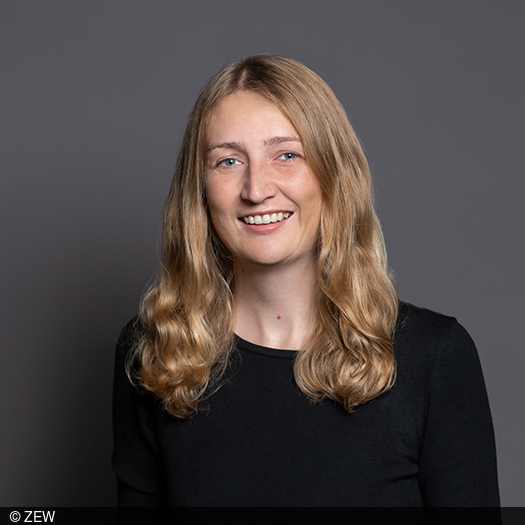“Tax Incentives Should Not Be Viewed in Isolation”
CommentZEW Economist Katharina Nicolay on Tax Incentives for Foreign Skilled Workers
The German government is preparing a growth initiative as part of the 2025 budget, which includes tax concessions for foreign skilled workers. Dr. Katharina Nicolay, deputy head of the “Corporate Taxation and Public Finance” Unit at ZEW Mannheim, comments on that matter:
“Special tax regimes for different groups such as foreign skilled workers, high earners, or pensioners are already widespread in the EU. They differ in their objectives (attracting investment versus addressing skilled labour shortages) and their design (duration and amount of the concession). The proposed regulation for Germany, where skilled workers receive a phased reduction of 30 per cent, 20 per cent, and finally 10 per cent over three years, is relatively modest. For countries that have already implemented similar regulations, the effectiveness in attracting immigration is empirically proven. However, as such special regulations become more widespread, the benefits of introducing another one diminish.
Two alternative perspectives are possible when assessing these special arrangements in an international context. On the one hand, the different, non-harmonised income tax and social security systems in the EU may constitute a mobility barrier for skilled workers. Depending on the design, a tax incentive can mitigate these negative effects on mobility decisions. On the other hand, these income tax concessions can serve as a competitive tool to attract urgently needed skilled workers. However, the unilateral, uncoordinated introduction or extension of these special regulations can lead to harmful tax competition, as the negative effects on other Member States (loss of revenue, brain drain) are not taken into account. In the area of corporate taxation, Germany has often taken a critical stance against harmful tax competition (e.g. with respect to IP boxes).
Tax incentives to attract skilled workers should not be discussed in isolation from other measures. The conditions that skilled workers encounter in Germany, such as the lack of reliable childcare, the tight housing market or the lengthy administrative processes for recognising qualifications, also affect the attractiveness of a location.”



